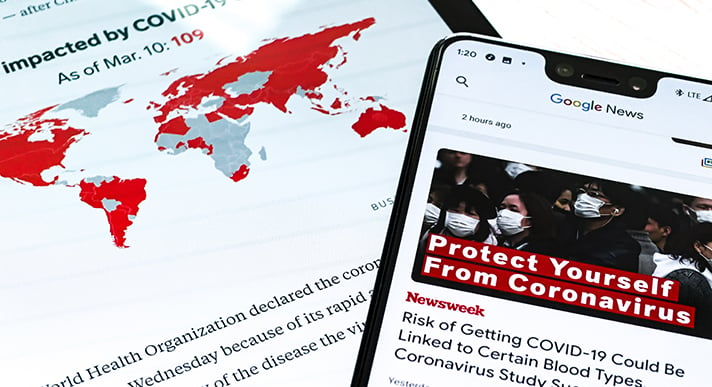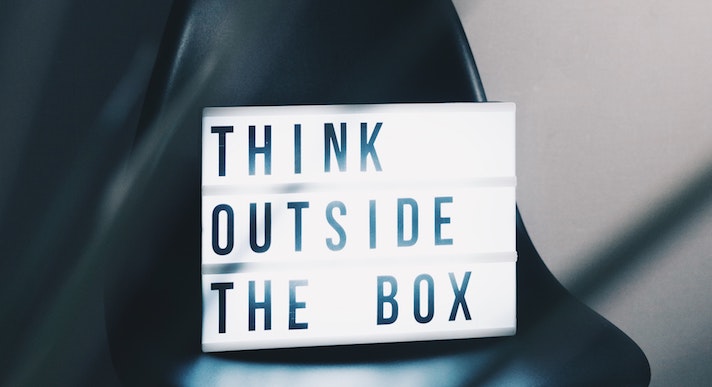Having been a student of Business and Economics for too long to mention, I have never been in a position to observe and comment like this before. I have written and commented on the good times and the bad and all of the bits in between when the good times seemed to last for a long time. My first real memory of economic policy shift came as Thatcher came to power and began the change to a market-led system, where ‘Trickle Down’ policies and privatisation replaced state control and the Keynesian theories previously discussed were sent to the ‘Seldom Leant’ shelf in the library of theories. I can recall the miners strike vividly and the shocks the policy changes had on unemployment figures.
Then came the John Major/Norman Lamont monetary crisis of our entry and subsequent crash out of the European Exchange Rate Mechanism, when interest rates shot up to 15% to try and keep us within the ERM tolerance measures. Tony Blair and Gordon Brown brought economic growth and the longest term of economic stability in the 20th Century when nothing much seemed to happen. The phenomenon of the Boom and Bust cycle that haunted economic growth post the industrial revolution had literally been flattened out. There were a few bumps in the road like the Fuel Crisis of 2000 and, of course, the war on terror. Then in 2008 the bubble burst and the banking crisis hit, as it became apparent they had overstretched themselves and austerity was viewed as the only plan to rectify this. However, nothing has threatened us to the extent that COVID 19 is today. COVID 19 could be to our economy, what the iceberg was to the Titanic.

In the world of economic recessions, depressions, slumps, and declines, three letters are used to symbolise each one. The letters are V, U and L. When this virus first began, all the chatter was of a sharp but short economic sting. The downturn triggered by putting life on hold to prevent the infection from spreading should be V-shaped: a shock, but one from which we should soon bounce back. Like many predictions in the early days of this pandemic, that is now looking extremely over-optimistic.
The first problem is with starting up exactly where we left off. As I have already blogged about, the problem with that is that where we left off was not a particularly good place to be. The GDP figures, for the three-month period to February when the coronavirus had started to chip away at the travel and tourism industry, showing economic growth virtually flatlining at 0.1% overall and falling in the final four weeks. The three months before this was not exactly amazing either and to be honest, instead of the mythical ‘Boris bounce’, we may have been on the verge of a recession, as business confidence dried up in the face of an ideologically driven hard Brexit. At this stage, the best we could hope for is a U. The underlying issue is that the economic aftermath of this COVID crisis, like the virus itself, might be toughest on those with pre-existing conditions - including western countries choosing this moment in history to commit economic hari-kari by choosing to exit a market they thrived in the most (Europe).
The second problem is that, as both the World Bank and the International Monetary Fund has warned, we may be heading for a global recession – yet, unlike 2008, there is little evidence of countries pulling together to find global solutions. Gordon Brown stepped up to the plate last time, but there is no current leader in the G20 that has the knowledge, understanding or gravitas to do this. The risk of that V-shaped recession being drawn out into a U, or even the dreaded L – a knock out left hook from which we barely recover, bumping along the bottom for years – grows if world leaders retreat into the ‘safe’ world of protectionism and economic nationalism. Let’s be absolutely honest though, protectionism and economic nationalism, in reality, was already happening with Trump leading the way in terms of Trade Tariffs and the European Block becoming ever more right-wing and nationalistic. The last time anything like this happened, any historic social-economic modelling would suggest an emerging political figure would offer solutions and become a cult-like figure to which millions would commit, normally to the extreme left or right of centrist politics with Liberalism non-existent. I am sure you can all recall the names of Stalin and Hitler.
So far, worries about the economic consequences of COVID have translated mainly into calls to end the lockdown as quickly as possible. Certainly the longer we are confined to our homes, the more businesses will fail, and the more those lucky enough to have savings will run out of them. The worse things get, meanwhile, the greater the tendency even for those who still feel secure in their jobs to hoard their cash for fear of what lies around the corner. This is the paradox of thrift: that in a recession, people instinctively try to save their money instead of spending it, and thus inadvertently make things worse, something I alluded to in my previous blog.
The problem with calls to ward off the economic disaster of an L, instead of a U by risking an early end to the lockdown is that it’s too late for that now. If we had shut down right at the start when there were only a handful of cases in the UK and influential voices were still scoffing that COVID symptoms were that of mild flu, there may have been outrage at a perceived over-reaction, but we might now have had the luxury of wondering whether we could afford to ease off. New Zealand is the example of where this has worked effectively. Hit it hard at the start and you will reap the benefits sooner.

As it is, there is something almost surreal about the Gov press conference that sees journalists asking when we might be allowed out again while the death toll is climbing towards 1,000 a day. We are nearing the moment of maximum danger, the moment NHS directors hold their breath and pray to the gods of logistics. The truth is that nobody is going anywhere, possibly not for months yet, if we want to keep the infection within the NHS’s capacity to cope. If we can’t cure the economy’s condition, the only option is to improve its underlying condition. Rishi Sunak has tried to do this with an unprecedented set of rescue measures, effectively taking the nation on to the state payroll in an attempt to keep businesses solvent until something like normality returns. My concern with this is that it could be palliative care!
If the lockdown lasts into early summer, a similarly big ideological leap looms over Brexit. For the first time, according to a YouGov poll, a narrow majority in the UK now want to extend the transition beyond December, suggesting that a majority of people know we are unable to take another economic shock. For now, Boris Johnson’s administration is clinging to the pretence that a Brexit deal can still somehow be negotiated in the middle of a national emergency that has put the prime minister in ITU, but reality dictates that the timetable can’t stay the course. Those of you who are adept project planners know the wheels have already dropped off that bus and no recovery plan is going to put them back on for the destination to be reached in December 2020. No amount of amazing contingency planning and risk assessments would have considered a pandemic.
The time for deciding whether or not to extend the Brexit timetable is June, by which time, growth and employment statistics should finally be catching up with the socio-economic damage happening now. If some ministers currently fear a public backlash by admitting Brexit might have to be delayed, by summer the idea of carrying on regardless may be more likely to trigger a mutiny, putting ideology before saving lives, the NHS and our own economy.
I can only guess as to whether this life-and-death emergency will make us all more, or less, risk-averse. What we should not underestimate is the desire for life just to go back to normal when this is over: boring, disappointing, inadequate old normal. The great unspoken fear that has yet to be verbalised, is that by the time this is over, even our normal will be out of reach. As I wrote last time, this is a before and after moment for us all, what we were, who we were, what we did, how we worked, how we spent our leisure time and even how we thought will have changed. For some, life will synchronise with better outcomes, for others, it won’t synchronise at all and life will become extremely challenging. A measure of our society will then be how we look after and support these through either a V, U or L.








